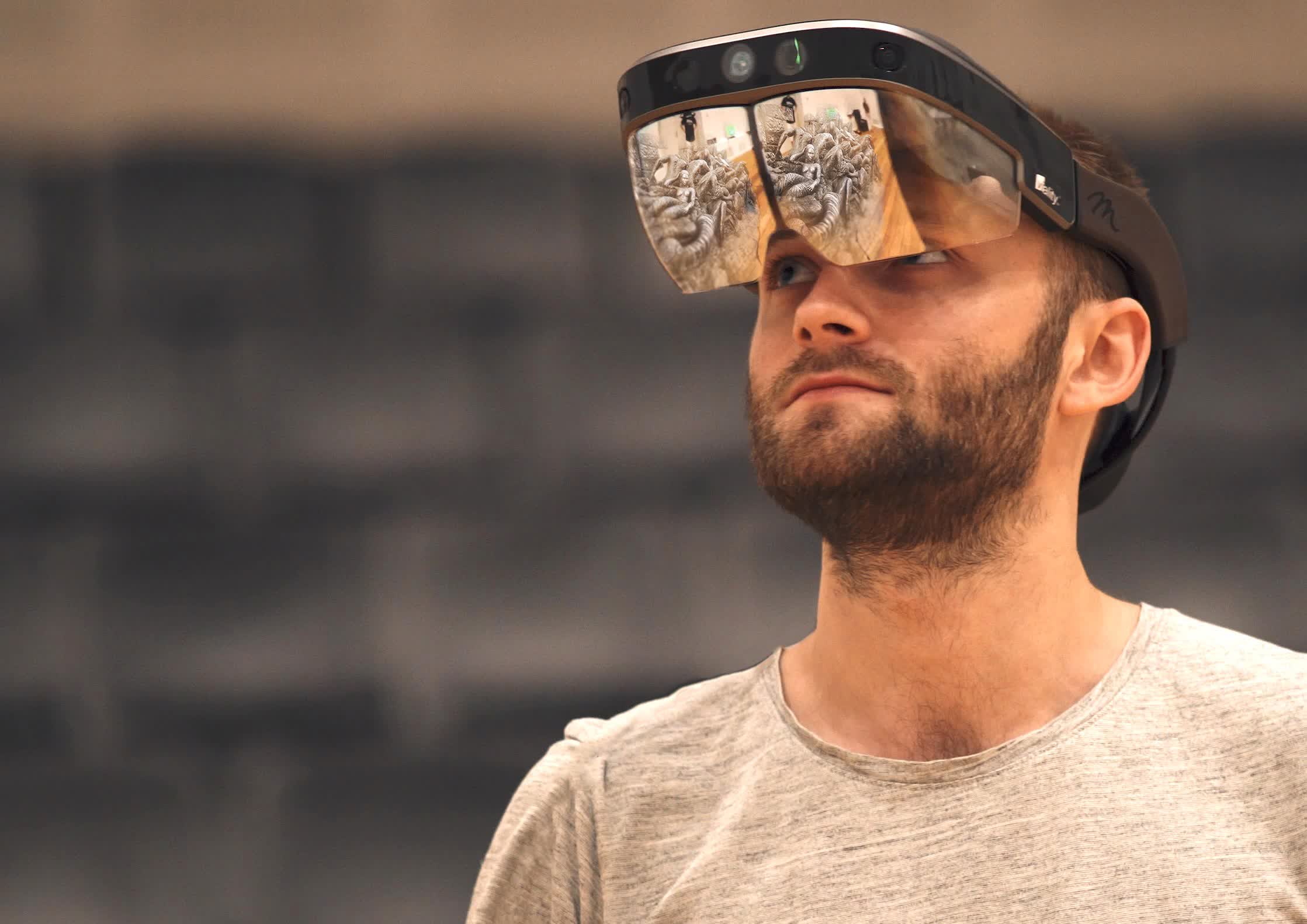In a nutshell: The FCC approved a nearly four-year-old request to open part of the 6GHz spectrum for ultrafast WiFi tethering. The proposal must still jump through the rest of the FCC's rulemaking hoops, but that should just be a formality after a unanimous vote. It should help manufacturers in their quest to develop lightweight AR glasses that consumers wouldn't mind wearing.

The Federal Communications Commission has been busy this week. On Tuesday, it issued crackdown notices against telecom companies that had failed to provide the agency with robocaller mitigation plans. Then, on Thursday, it voted to reinstate Title II regulations on ISPs for the second time in less than 10 years.
On Thursday, the FCC also approved requests from several companies to use the 6GHz spectrum for wireless devices, including AR/VR equipment and in-car connections. Chairwoman Jessica Rosenworcel proposed the new rules on September 27. It passed with a unanimous vote yesterday.
The approval allows VLP (very low power--short-range tethering) equipment to use about 850MHz of the 6GHz band, which the FCC expanded and opened for use in April 2020 for WiFi routers and client devices like cell phones and laptops. The ruling will allow limited high-powered usage as long as it is geofenced.
Like all FCC regulations, the proposal will now open for public comment. It will also go through peer review, outgrowth testing, and revisions before being voted on again. This process varies, so there's no way to know how soon the rules will go into effect, but it's already taken several years just to get this far.

These are not the AR glasses we want.
Several companies, including Apple, Google, Meta, and Microsoft, petitioned the FCC for a chunk of the super-fast spectrum in 2019. The big four companies have current and upcoming devices that could benefit from the better-late-than-never allowance.
Apple recently announced the Vision Pro. As of January 2022, Google is reportedly developing a VR headset called Project Iris. However, rumors are it's been shelved. Meta, of course, has been in the biz since acquiring Oculus in 2014. Its latest headset, Quest 3, launched 10 days ago. Lastly, Microsoft has been developing its Hololens since 2015 but has yet to release a consumer version. Still, the SDK, enterprise, and industrial versions could benefit from a high-speed wireless WiFi connection.
More importantly, the new regs might help these and other companies finally develop a good set of AR glasses. They've promised us lightweight, stylish AR lenses for years, but we have yet to see something take off.
Meta Vice President for North American Policy Kevin Martin said the company is happy the FCC finally took action and moved forward with its request.
"We commend the FCC's decision allowing companies like ours to use new wireless technologies to build the next wave of computing," Martin told The Verge. "This is a shining example of a government regulator working with industry early to build for the future."
https://www.techspot.com/news/100568-ultrafast-wi-fi-tethering-ar-vr-devices-finally.html